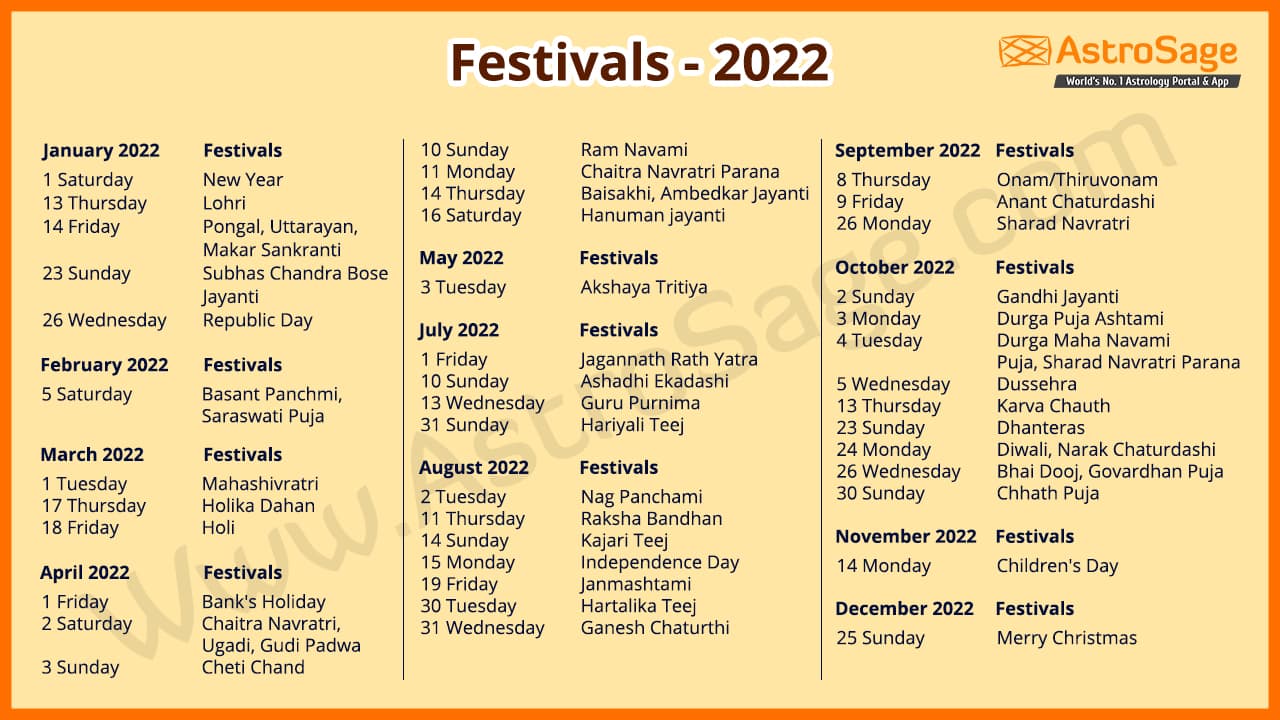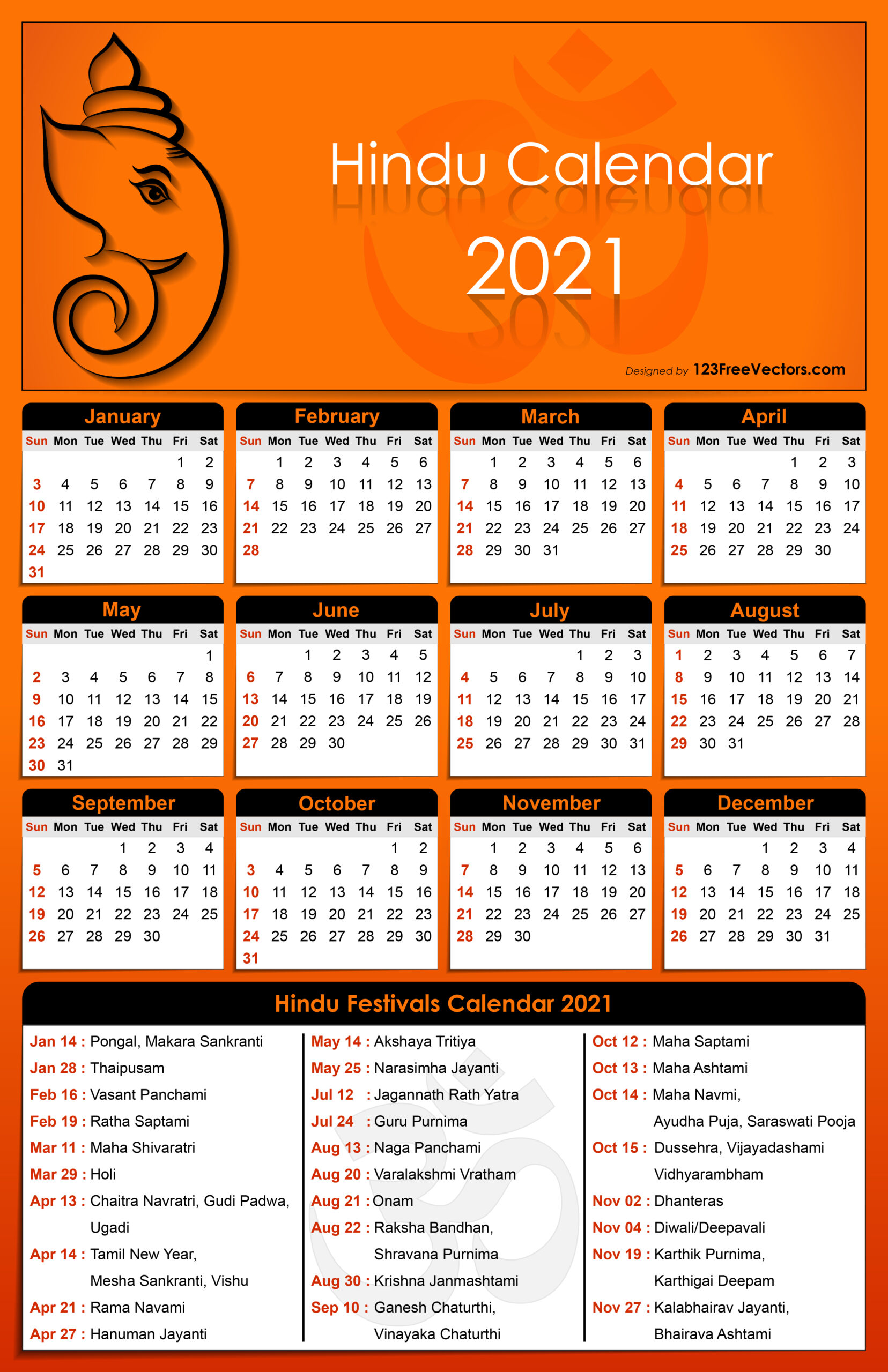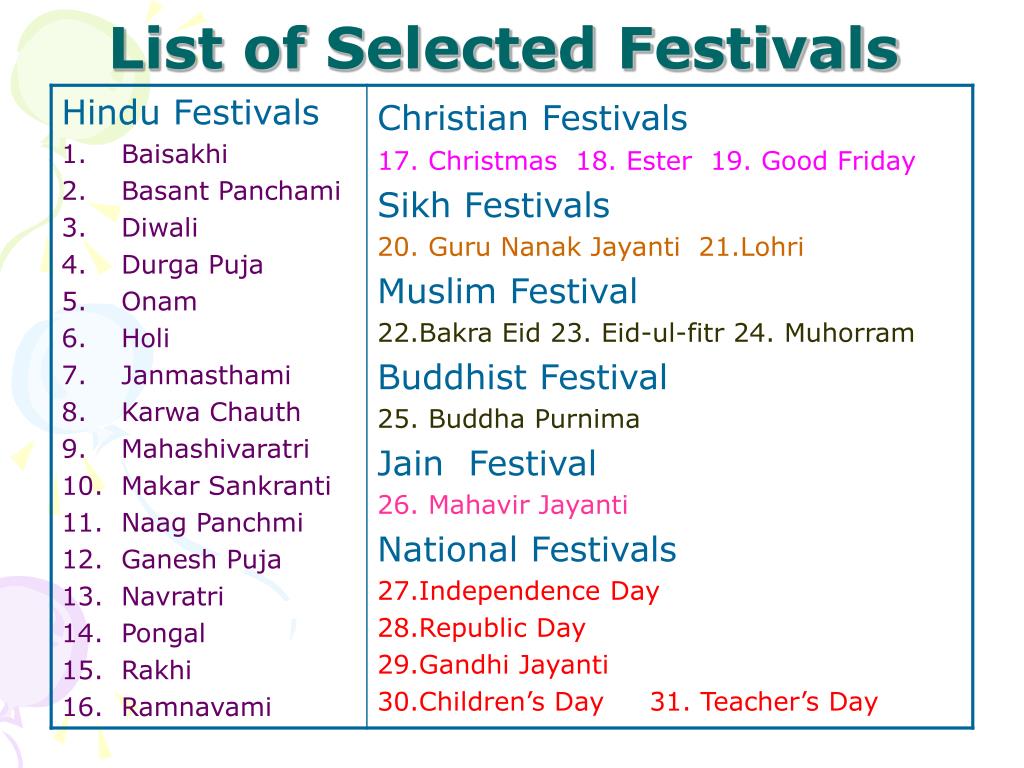2025 Indian Festival Calendar: A Comprehensive Guide to India’s Rich Cultural Heritage
Related Articles: 2025 Indian Festival Calendar: A Comprehensive Guide to India’s Rich Cultural Heritage
- 2025 Calendar PDF: A Comprehensive Guide To Planning Your Year
- 2025 Australian Calendar With Public Holidays
- Desktop Calendar Pads 2025: The Ultimate Guide To Staying Organized And Productive
- The Calendar Of 2025: A Comprehensive Guide
- Penn State Fall 2025 Academic Calendar: A Comprehensive Guide
Introduction
With great pleasure, we will explore the intriguing topic related to 2025 Indian Festival Calendar: A Comprehensive Guide to India’s Rich Cultural Heritage. Let’s weave interesting information and offer fresh perspectives to the readers.
Table of Content
Video about 2025 Indian Festival Calendar: A Comprehensive Guide to India’s Rich Cultural Heritage
2025 Indian Festival Calendar: A Comprehensive Guide to India’s Rich Cultural Heritage

Introduction
India, a land of diverse cultures and traditions, is renowned for its vibrant festivals that celebrate the country’s rich heritage. From religious observances to harvest festivals, each festival holds a unique significance and brings communities together. This comprehensive 2025 Indian Festival Calendar provides a detailed overview of the major festivals celebrated in India throughout the year, offering insights into their origins, traditions, and cultural significance.
January
-
Makar Sankranti (January 14): Celebrated primarily in North India, Makar Sankranti marks the transition of the Sun into the Capricorn zodiac sign. It is associated with the harvest and is celebrated with kite flying, bonfires, and feasts.
-
Pongal (January 15-17): A harvest festival celebrated in South India, Pongal is dedicated to the Sun God Surya. It involves three days of rituals, feasts, and traditional games.
February
-
Vasant Panchami (February 10): Also known as Saraswati Puja, this festival honors the goddess of knowledge, music, and art, Saraswati. It is celebrated with offerings of yellow flowers, books, and musical instruments.
-
Mahashivratri (February 18): Dedicated to Lord Shiva, Mahashivratri is one of the most important Hindu festivals. It involves fasting, meditation, and all-night vigils in temples.
March
-
Holi (March 8): Known as the "Festival of Colors," Holi is a vibrant festival that celebrates the triumph of good over evil. It involves throwing colored powder and water at each other, creating a riot of colors.
-
Ugadi (March 22): The New Year’s Day for the people of Karnataka and Andhra Pradesh, Ugadi is celebrated with feasts, traditional games, and the reading of the Panchanga (almanac).
April
-
Rama Navami (April 2): This festival commemorates the birth of Lord Rama, the seventh avatar of Vishnu. It is celebrated with prayers, religious processions, and the recitation of the Ramayana.
-
Ambedkar Jayanti (April 14): Honoring the life and teachings of Dr. B.R. Ambedkar, the architect of the Indian Constitution, this festival is celebrated with rallies, speeches, and cultural events.
May
-
Eid-ul-Fitr (May 23): Marking the end of the holy month of Ramadan, Eid-ul-Fitr is celebrated by Muslims worldwide. It is a day of feasting, prayers, and exchanging gifts.
-
Akshaya Tritiya (May 24): Considered an auspicious day for new beginnings, Akshaya Tritiya is celebrated with the purchase of gold, silver, and property.
June
- Ratha Yatra (June 24): This festival celebrates the journey of Lord Jagannath, an incarnation of Vishnu, from his temple in Puri, Odisha, to the Gundicha temple. It involves a grand procession with elaborately decorated chariots.
July
-
Guru Purnima (July 10): Dedicated to spiritual teachers and gurus, Guru Purnima is celebrated with prayers, offerings, and meditation.
-
Kark Sankranti (July 16): Marking the Sun’s entry into the Cancer zodiac sign, Kark Sankranti is a day of purification and renewal. It is celebrated with bathing in holy rivers and offering prayers to Lord Surya.
August
-
Raksha Bandhan (August 29): Celebrated primarily in North India, Raksha Bandhan is a festival that strengthens the bond between siblings. Sisters tie a sacred thread (rakhi) on their brothers’ wrists, symbolizing protection and love.
-
Janmashtami (August 30): This festival marks the birth of Lord Krishna, the eighth avatar of Vishnu. It is celebrated with prayers, fasting, and the enactment of Krishna’s life through plays and dance performances.
September
-
Ganesh Chaturthi (September 17): Dedicated to Lord Ganesha, the elephant-headed god of wisdom, Ganesh Chaturthi is celebrated with the installation of clay idols in homes and temples. It involves devotional songs, prayers, and offerings.
-
Onam (September 23-26): A harvest festival celebrated in Kerala, Onam commemorates the return of King Mahabali to Earth. It is known for its elaborate feasts, traditional dances, and boat races.
October
-
Navratri (October 7-15): This nine-day festival celebrates the victory of good over evil. It involves fasting, prayers, and the worship of the nine forms of Goddess Durga.
-
Dussehra (October 15): Marking the culmination of Navratri, Dussehra celebrates the victory of Lord Rama over the demon king Ravana. It is celebrated with the burning of effigies of Ravana and fireworks.
November
-
Diwali (November 12): Known as the "Festival of Lights," Diwali is one of the most important festivals in India. It celebrates the victory of good over evil and the return of Lord Rama to Ayodhya. It involves lighting lamps, bursting firecrackers, and feasting.
-
Guru Nanak Jayanti (November 19): This festival commemorates the birth of Guru Nanak, the founder of Sikhism. It is celebrated with prayers, processions, and the reading of the Guru Granth Sahib.
December
- Christmas (December 25): Celebrated by Christians worldwide, Christmas commemorates the birth of Jesus Christ. It involves church services, family gatherings, and the exchange of gifts.
Conclusion
The 2025 Indian Festival Calendar provides a comprehensive overview of the vibrant and diverse festivals celebrated in India throughout the year. These festivals are not merely religious or cultural events but also serve as a testament to the country’s rich heritage, traditions, and social fabric. By participating in these festivals, we not only celebrate our cultural identity but also strengthen the bonds that unite us as a nation.







Closure
Thus, we hope this article has provided valuable insights into 2025 Indian Festival Calendar: A Comprehensive Guide to India’s Rich Cultural Heritage. We appreciate your attention to our article. See you in our next article!